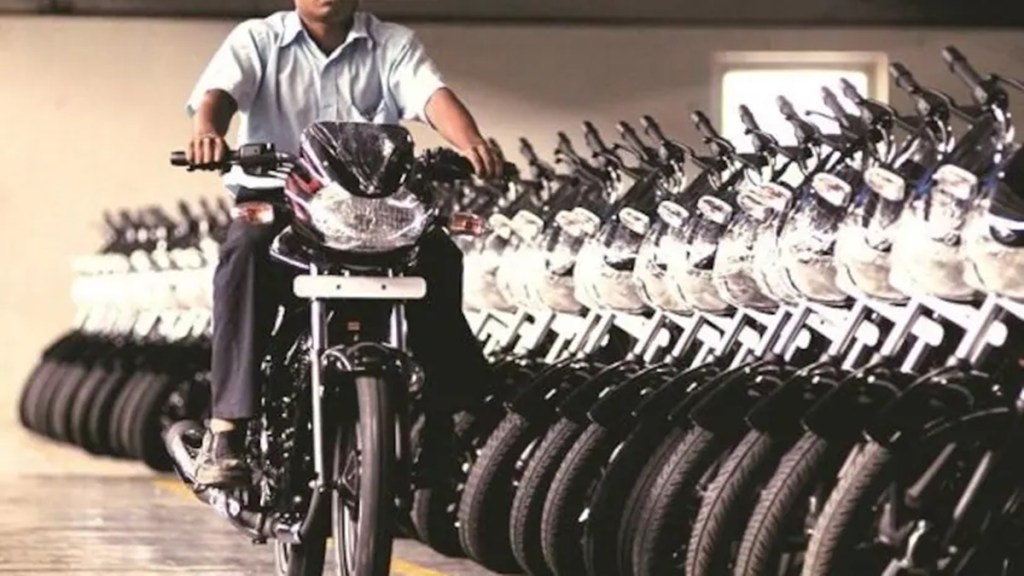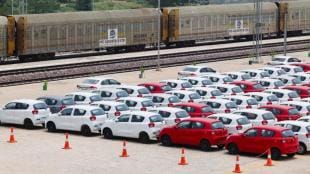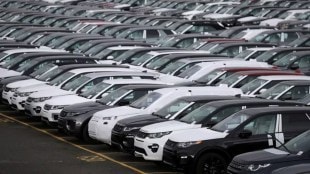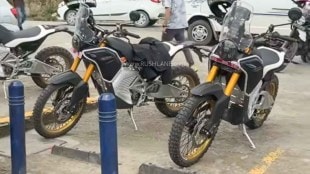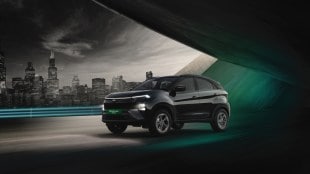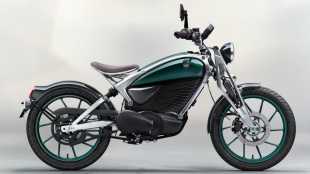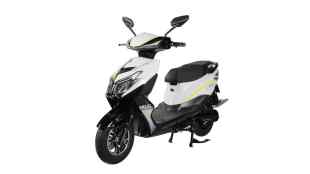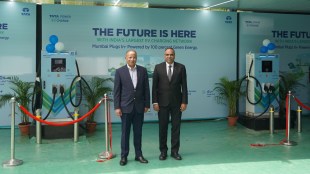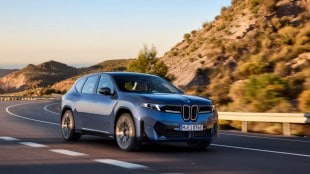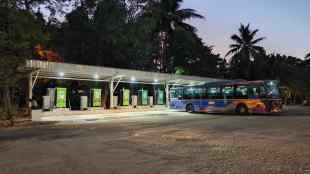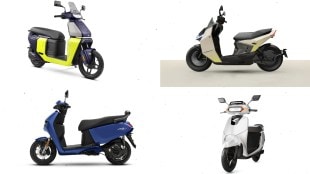The government move to make anti-lock braking system (ABS) mandatory for all two-wheelers from January 1 will lead to a potential price hike that could affect affordability in the entry-level segment, manufacturers have warned.
Industry executives estimate that the inclusion of ABS could increase the price of budget motorcycles and scooters by Rs 1,500-3,000. This rise, when combined with the usual annual inflationary adjustment of 2-3%, could push overall prices up by as much as Rs 6,000 — a significant burden for price-sensitive customers.
ABS is a safety system that prevents wheel lock during sudden braking, helping riders maintain control of their vehicles on slippery or uneven roads. While ABS is mandatory for two-wheelers above 150cc, lower-capacity bikes currently come equipped with combined braking system (CBS), a simpler and more cost-effective safety mechanism that activates both brakes when the rear brake is applied, offering sufficient control at low speeds.
Manufacturers argue that while ABS undoubtedly enhances safety, the technology may not be essential for low-powered two-wheelers used primarily for commuting or livelihood purposes. They caution that enforcing ABS across all segments could make basic commuter bikes unaffordable for a large section of buyers, particularly in rural and semi-urban markets where two-wheelers are often the only means of transport and income generation.
“Entry-level bikes already have CBS, which is adequate for their performance and usage patterns. Mandating ABS in this segment may not deliver proportionate safety benefits, but it will certainly impact affordability,” said a senior executive at a leading two-wheeler manufacturer.
With sub-150cc models typically priced under Rs 80,000, any further cost increase could discourage first-time buyers and budget-conscious consumers. As this segment accounts for over two-thirds of all two-wheeler sales in India, it is set to be the most affected by the upcoming ABS-related price hike.
Another industry executive pointed out that two-wheeler prices have already seen significant increases post the Covid-19 pandemic, driven by factors such as GST, the mandatory introduction of CBS, and compliance with BS-VI and OBD-II emission norms. These changes have collectively pushed prices up by 25-30% over the past decade.
The additional cost of ABS, the executive warned, would place further financial strain on buyers looking to purchase their first vehicle, potentially putting entry-level models out of reach for many.
Analysts have described the government’s move as an “obsession with regulation,” acknowledging that while the intent to improve safety is commendable, the implementation lacks a structured, phased approach.
“The move is good, but such measures should be part of a long-term strategic vision,” said Puneet Gupta, director, S&P Global.
“The government should give the industry adequate time to adapt, rather than imposing rules abruptly. A more planned roll-out would help manufacturers prepare better and become globally competitive,” Gupta added.
